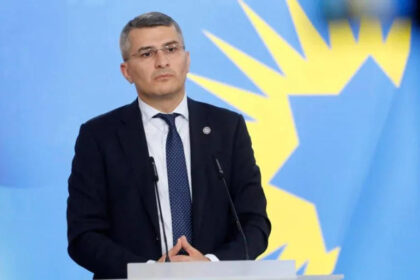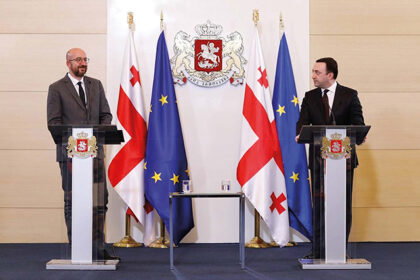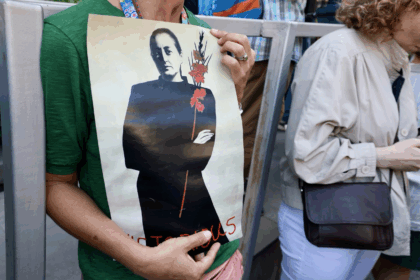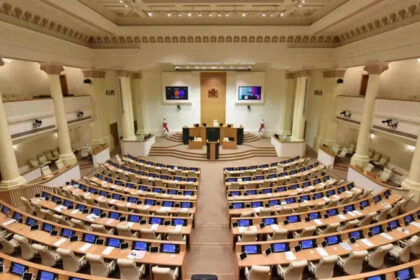**Diplomatic Service Reforms to be Discussed in Parliament**
Tomorrow, parliamentary committees will discuss planned changes to the diplomatic service at the government’s initiative. The bill is also expected to be submitted to the plenary session for a first reading on the same day.
The proposed amendments are designed to strengthen the values and principles of the diplomatic service. According to the draft, all employees in the diplomatic service will be required to adhere to its principles, public interest, ethics, and general rules of conduct. This is a positive step towards ensuring that diplomats uphold high standards of behavior and integrity.
**New Rules for Diplomats**
A new regulation will define grounds for early termination of a rotation-based assignment in diplomatic or consular missions. If a diplomat violates the ethics and general rules of conduct approved by an administrative-legal act, and such a violation may harm the country’s interests and image or contradict the main directions of foreign policy, they may be recalled early. This measure is necessary to maintain the integrity and reputation of Georgia’s diplomatic service.
Furthermore, diplomats who are recalled early from long-term assignments due to violations of ethics and conduct will be added to the list of individuals eligible for the diplomatic service reserve. This means that they can still serve in other capacities within the foreign ministry, but not as ambassadors or high-ranking officials.
**Performance Evaluations and Rotation Terms**
The proposed changes also include provisions for regular performance evaluations. Diplomatic officials (excluding political appointees) and administrative staff will undergo evaluations at least twice a year, which is an increase from the current one evaluation per year. This will help ensure that diplomats are meeting their responsibilities and performing to the best of their abilities.
Additionally, the rotation term for heads of diplomatic missions, diplomatic officials, and administrative personnel will be extended by up to one year instead of the current six months. This change aims to give these officials more time to complete their tasks without being rushed or stressed.
**Commentary**
The planned reforms in the diplomatic service are a welcome step towards strengthening the values and principles of Georgia’s foreign policy. By implementing stricter rules for diplomats and introducing regular performance evaluations, the government is sending a clear message that it expects its representatives abroad to uphold high standards of behavior and integrity.
However, one may question whether these changes go far enough in addressing the real challenges facing Georgia’s diplomatic service. Corruption and inefficiency have been long-standing issues within the ministry, and some critics argue that more radical reforms are needed to truly transform the service.
As the bill is discussed in parliamentary committees tomorrow, we will be watching closely to see how lawmakers respond to these proposed changes. Will they support the government’s efforts to strengthen the diplomatic service, or will they push for further reforms? Only time will tell.












